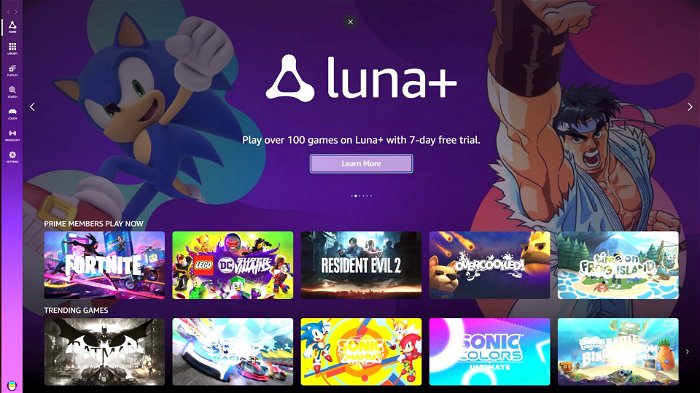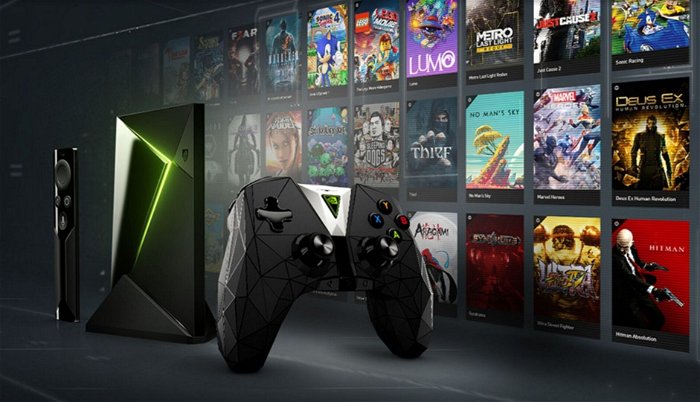Few of us may remember the good old days when you had to buy game cards and discs to download and play a game. In fact, the older consoles can’t even download games, forcing you to keep your copy of the game in pristine condition. Otherwise, you lose the opportunity to play the game forever (or, less dramatically, you are simply forced to buy another copy of the game).
These days, however, games are increasingly bought and sold through online distribution platforms such as Steam and Epic Games. Not only is this much more convenient, but the cost of distribution is phenomenally low, with some platforms even giving games away for free! With recent trends and events, more attention and resources are being devoted to online platforms, and the gaming industry is no exception.
The Internalization of Games
Almost every game these days has online functionality, whether it’s a single-player or multiplayer game. This allows for constant changes to be made to the game, including additional content, bug fixes and even quality improvements. In addition, the Internet has spawned a host of new services that have changed not only the immersion and dynamics of gaming but also its economics and practicality.
Games as a Service

As technology evolves, so do the ways in which our beloved games are made and sold. In the past, the norm was to buy games after they’d been fully developed and legally own that copy of the game (or a licence to play for online purchases). However, this means that no changes can be made to the game once it has been released, which limits the gameplay to what was originally intended. On the developers’ side, the monetization potential of their games is limited to the initial transaction.
However, the new trend of Games as a Service has circumvented both of these limitations by allowing developers to continue to tinker with their games through content and patch updates, prolonging the game’s playability and broadening its features. The implementation of ads, microtransactions, and paid subscriptions also grants the developers the chance to profit from the game even years after its release. Additionally, these games are often located on company servers, reducing the risks of piracy and security breaches, with the caveat that the game becomes inaccessible without an internet connection. Most of the top trending games nowadays are live-service games, with games like Fortnite and Grand Theft Auto Online comfortably reigning through the years.
Cloud Gaming

One of the more recent notions in the gaming sphere, cloud gaming has a deep and practical impact on gaming, both as an experience and as a service. This works by running games on remote servers dedicated to streaming games onto your screen, granting immaculate graphics and incomparable immersion without breaking the bank with having to buy expensive hardware.
You can enjoy the latest games at the highest settings, even on low-end devices, provided you have a stable and fast enough internet connection to maintain your input-output relationship with the streaming server consistently. Additionally, since these games operate on remote servers, they consume little to no storage space at all on your hardware. These services are available to purchase via subscriptions, which can either be billed monthly or yearly.

Another benefit is that they can make gaming-on-the-go possible for PlayStation or PC-exclusive games. Devices such as PlayStation Portal or the Steam Deck both have game streaming functionalities, rendering it possible for you to utilize your more powerful at-home gaming rigs to stream games onto your more convenient gaming devices without sacrificing quality or having to redownload all your favorite games. Certain cloud gaming services also allow PC and console games to become playable on mobile, further making it more convenient as you normally bring your phone with you everywhere.
Casinos have followed the same route. There are a variety of games of luck online available for streaming for a more authentic and immersive gaming experience. These games undergo casino reviews, with their bonuses conveniently listed for your reference, including pros and cons of each operator, as well as security and legality information. Thanks to game streaming, you’re no longer forced to stay at home or have to travel to a casino to have a pleasurable game night.
Game Pass

As mentioned earlier in the article, the way games are merchandised has changed dramatically over the decades. From owning a physical copy of a game, to buying the licence to play a game, to subscribing to a large library of games for a small monthly fee. For hardcore gamers who want to play as many games as possible, or for those with a diverse taste in games, this may be the more economical choice for you.
Altogether Now
As each day passes, more aspects of gaming embrace a service-oriented model. Games are evolving into live-services through microtransactions, and the need for gaming PCs and consoles is diminishing with the rise of streaming servers. Purchasing games is no longer obligatory, thanks to subscription passes, enabling access to a plethora of games without hefty expenses on hardware. This transformative trend makes gaming a low-cost, low-commitment, and high-reward pursuit, appealing to a broader audience and inviting more individuals into the gaming community.



